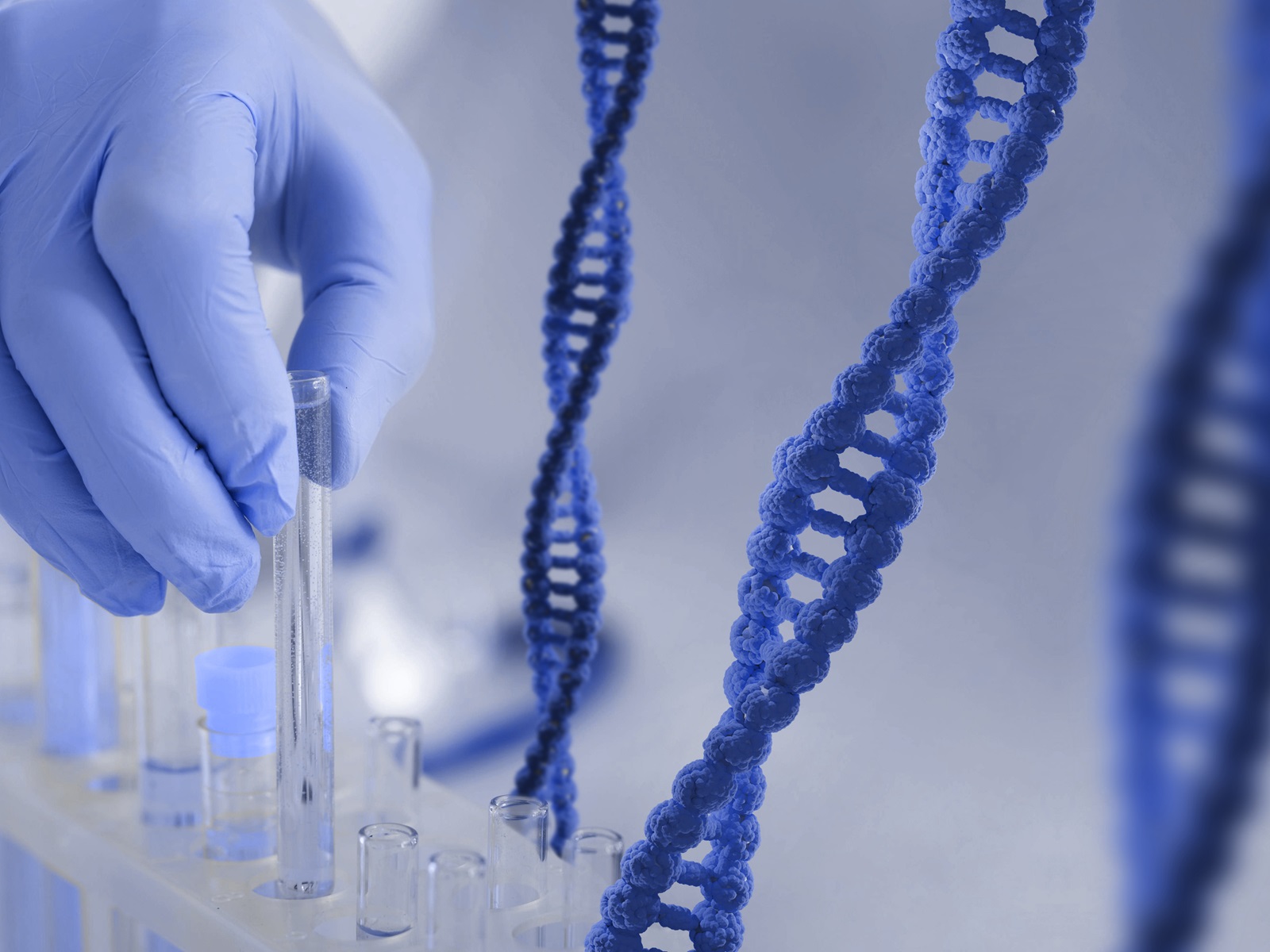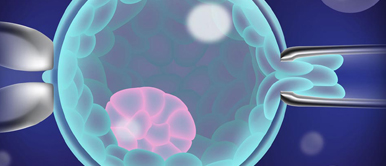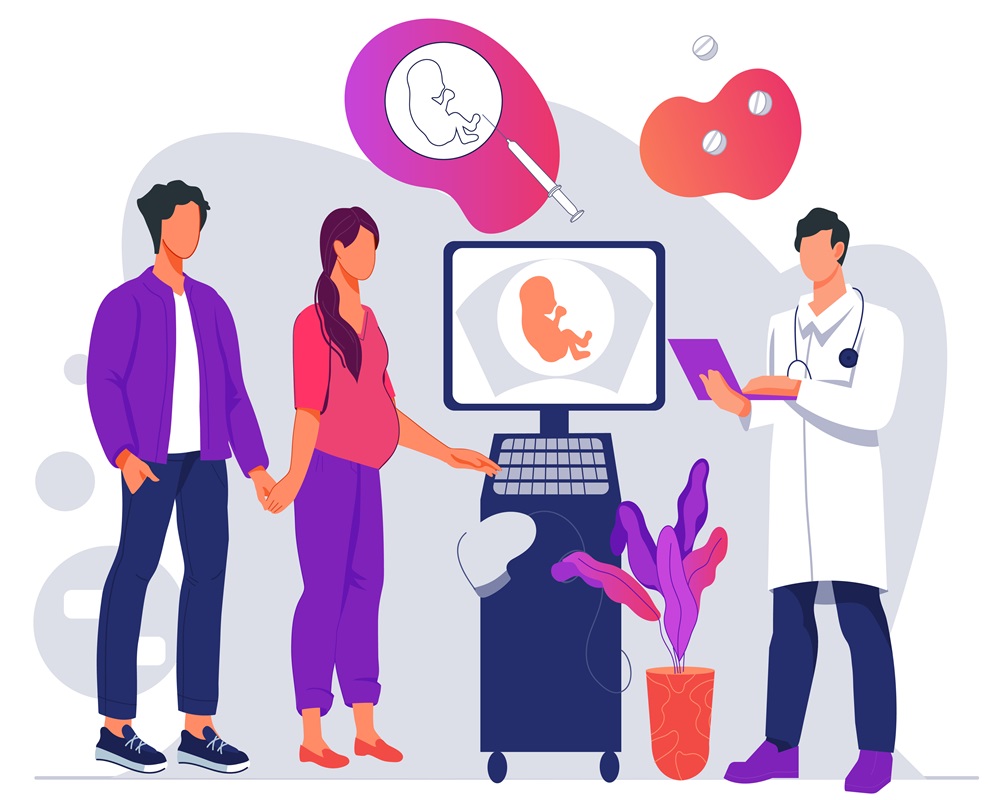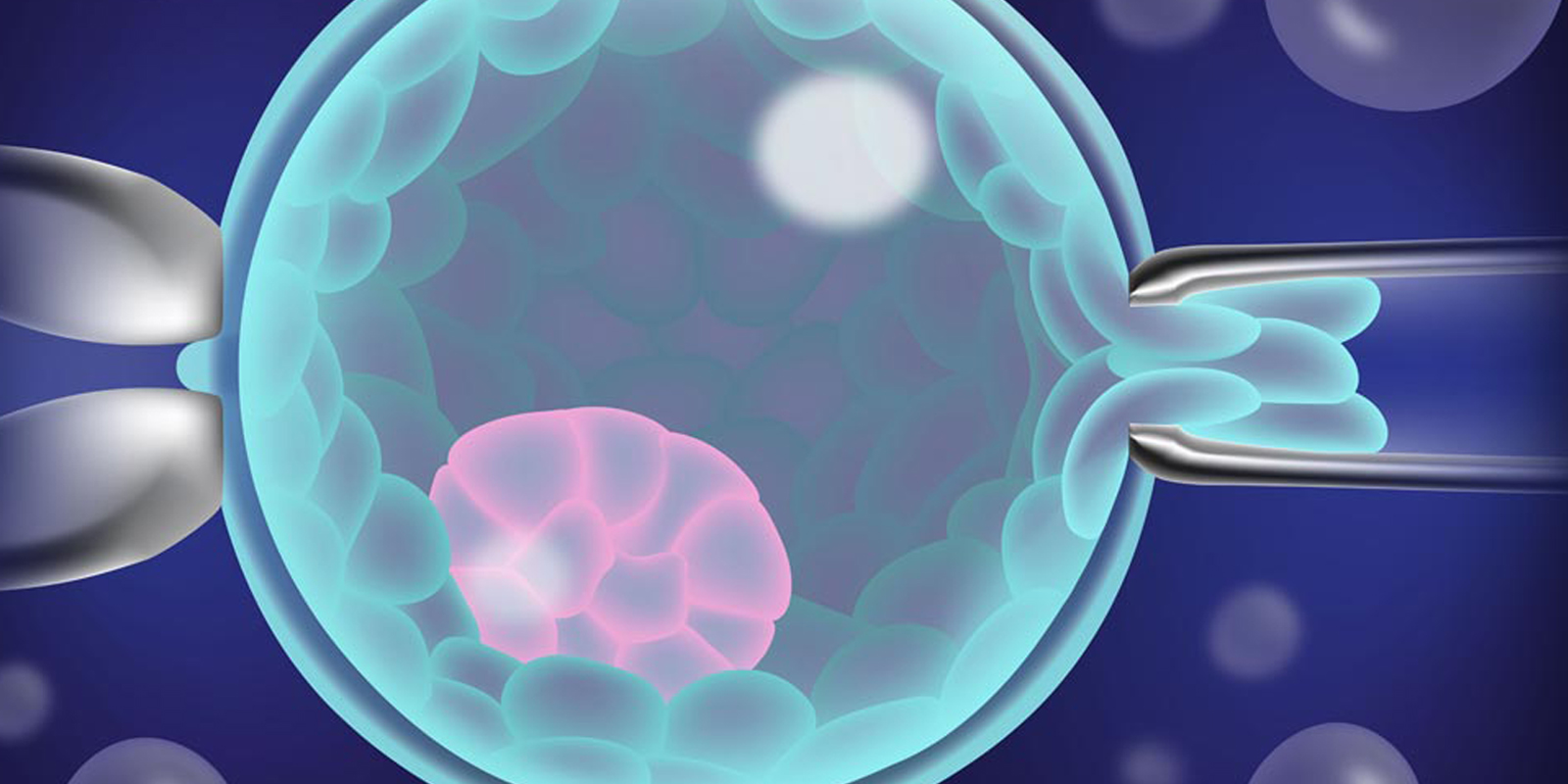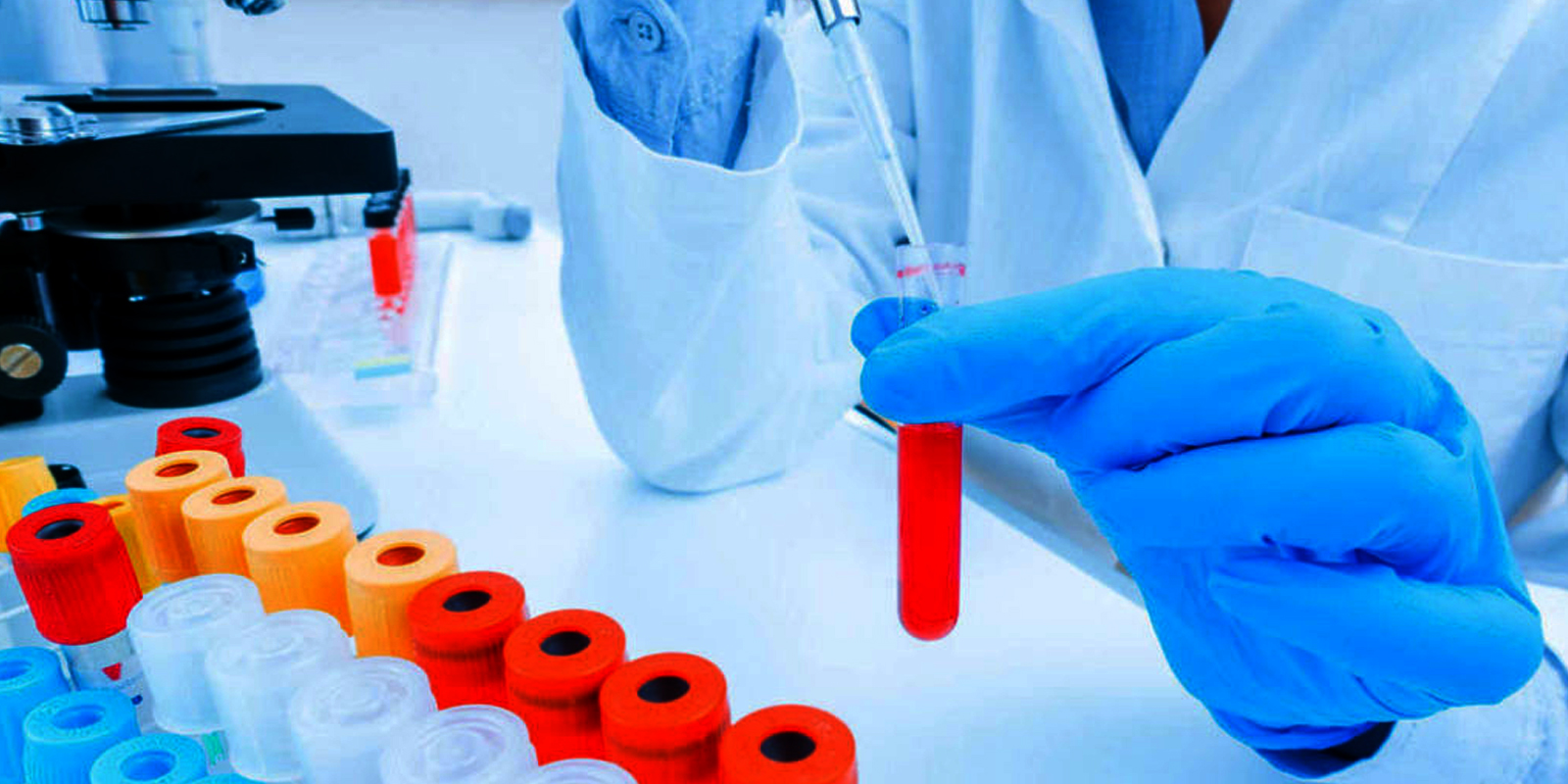This is a cutting-edge procedure used to identify genetic abnormalities in embryos created within In-Vitro Fertilization (IVF). We have 2 kinds namely: PGT-M – Preimplantation Genetic Testing for Single Gene Conditions & PGT-A – Preimplantation Genetic Testing for Aneuploidy.
Using PGT, we ensure that the appropriate embryo are of a specific genetic condition or chromosome abnormalities is selected for transfer. This test provides you with an opportunity to reduce the chance of a genetic disease in your future child.
PGT-M: Preimplantation Genetic Testing for Single Gene Conditions
We offer advanced genetic testing of embryos to patients who are carriers of a genetic condition or are affected by a genetic condition.
PGT-A: Preimplantation Genetic Testing for Aneuploidy
This is used to screen for chromosome changes which occur at conception – usually due to an extra or a missing chromosome being present in an egg or sperm which can help reduce the time taken to achieve a live birth.
Testing for missing or extra chromosomes can help focus your treatment and embryo transfers on those embryos with the highest chance of implantation. It may be considered if you are suffering recurrent miscarriage, are over 35, or if you’ve had repeated unsuccessful IVF cycles. If there are specific chromosome conditions present in the family, our genetic counselling team will discuss what testing may be available for you.
